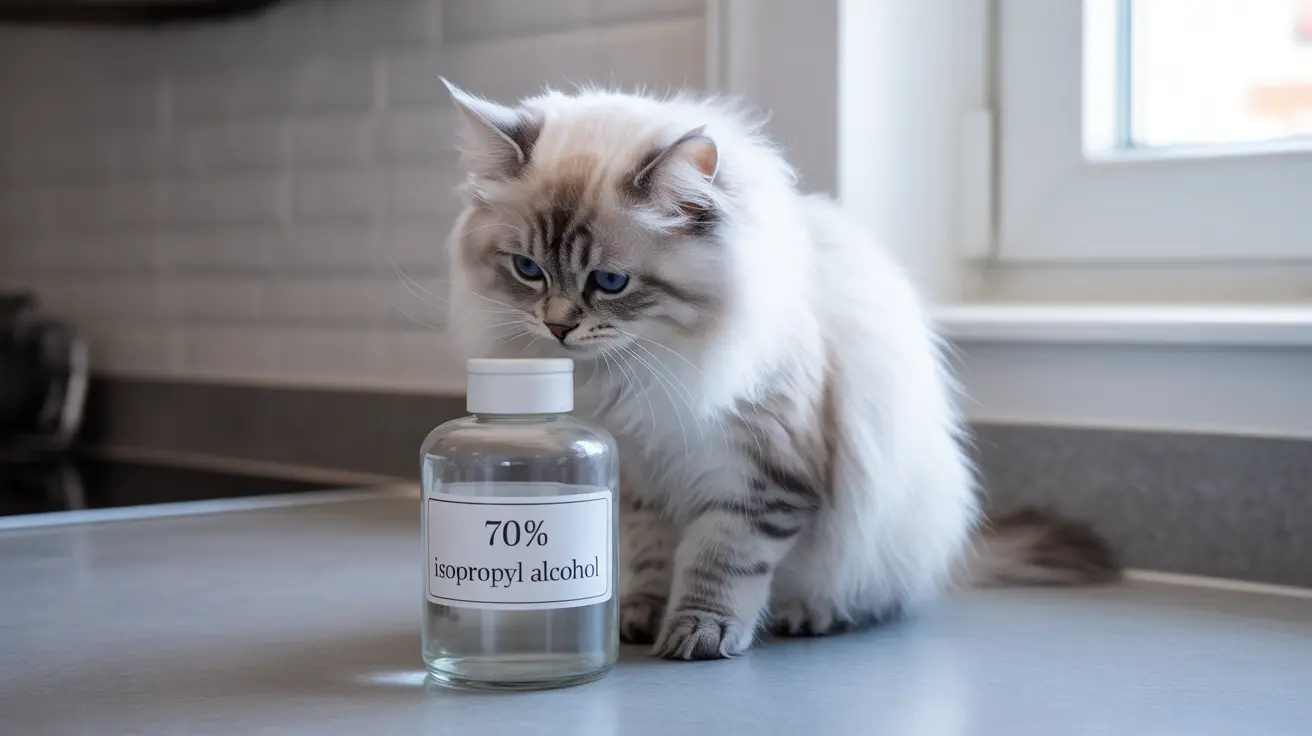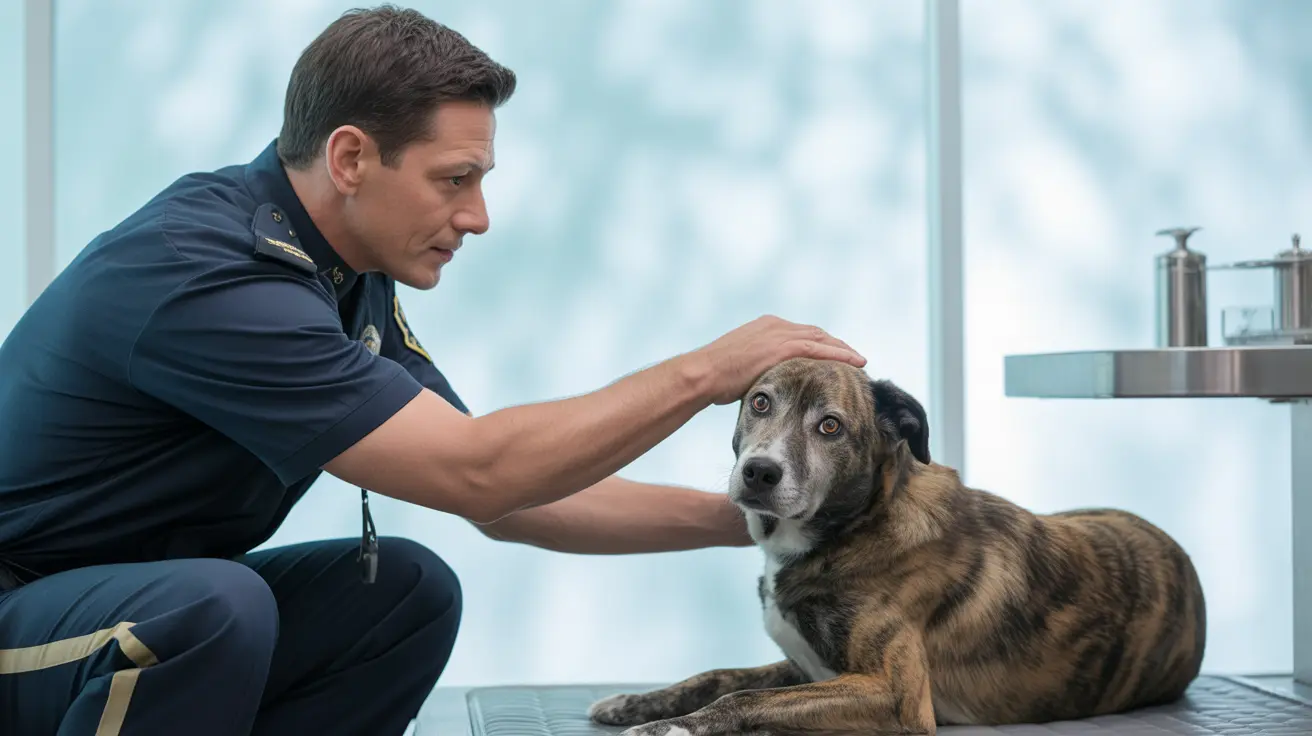How Rubbing Alcohol Affects Fleas
Rubbing alcohol (isopropyl alcohol) works as a powerful desiccant, effectively dehydrating fleas by penetrating their exoskeleton. When fleas come into direct contact with alcohol, they typically die quickly due to severe dehydration. However, this effectiveness only lasts while the alcohol remains wet and in direct contact with the insects.
The key limitation is that alcohol only kills adult fleas it touches directly – it has no effect on eggs, larvae, or hidden fleas, and provides zero residual protection against future infestations.
The Dangers of Using Alcohol on Cats
Veterinarians strongly advise against using rubbing alcohol on cats for several critical reasons:
- Skin irritation and chemical burns
- Risk of alcohol poisoning through skin absorption
- Respiratory distress from fumes
- Toxicity if ingested during grooming
- Increased stress and anxiety
- Potential for severe organ damage
Cats are particularly sensitive to alcohol due to their small size and thin skin, making them extremely vulnerable to both topical and systemic effects of alcohol exposure.
Safe and Effective Flea Control Methods
Instead of risking your cat's health with alcohol, veterinarians recommend these proven flea control solutions:
Veterinary-Approved Treatments
- Prescription topical medications
- Oral flea preventatives
- Modern flea collars
- Cat-specific flea shampoos
Environmental Management
- Regular vacuuming
- Washing pet bedding
- Professional pest control when needed
- Treating all household pets simultaneously
Preventing Flea Infestations
The best approach to flea control is prevention. Maintain a regular flea prevention routine using veterinary-approved products, and address any signs of fleas immediately with proper treatment methods.
Frequently Asked Questions
Can rubbing alcohol effectively kill fleas on my pet?
While rubbing alcohol can kill fleas on contact, it should never be applied directly to pets as it's dangerous and potentially lethal to them.
Is it safe to use rubbing alcohol on cats to get rid of fleas?
No, using rubbing alcohol on cats is extremely dangerous and can cause severe health problems, including chemical burns, alcohol poisoning, and organ damage.
How should rubbing alcohol be used to kill fleas without harming my pet?
If using alcohol for flea control, only use it to kill fleas removed with a flea comb by dropping them into a container of alcohol. Never apply alcohol directly to your pet.
Why isn't rubbing alcohol recommended as a long-term flea control method?
Alcohol only kills adult fleas on contact, provides no residual protection, and poses significant safety risks. It's ineffective for comprehensive flea control and dangerous for pets.
What safer flea treatments do veterinarians recommend instead of rubbing alcohol?
Veterinarians recommend FDA-approved topical treatments, oral medications, and modern flea collars, combined with environmental management strategies for effective, safe flea control.
Remember, when it comes to flea control, always prioritize your cat's safety by choosing veterinary-approved treatments over potentially dangerous home remedies like rubbing alcohol.






